The Role of Professional Development in Achieving Peak Performance for Athletes
Understanding the importance of professional development for athletes
Professional development is crucial for athletes to reach their peak performance. It involves continuously learning, improving skills, and staying up-to-date with the latest trends in their sport. Here's why it's important:
Professional development helps athletes enhance their strengths and work on their weaknesses.
It keeps them motivated and focused on their goals.
Athletes can learn new techniques, strategies, and ways to improve their performance.
It helps in preventing injuries and maintaining physical well-being.
Athletes who invest in their professional development often see an improvement in their overall performance and results.
Setting goals for professional growth and peak performance
To achieve peak performance as an athlete, it is essential to set specific and achievable goals for your professional development. By setting clear objectives, you create a roadmap to success that helps you stay focused and motivated. Goals should be measurable and time-bound to track progress effectively. Prioritize setting goals that align with your strengths and areas for improvement, allowing you to continuously enhance your skills and performance.
Skill enhancement through targeted training programs
To enhance their skills, athletes can benefit from targeted training programs designed to improve specific aspects of their performance. These programs focus on developing key abilities like speed, strength, agility, and endurance, tailored to the athlete’s individual needs. Through targeted training, athletes can refine their techniques, overcome weaknesses, and fine-tune their overall performance to reach peak levels.
Leveraging coaching and mentorship in athlete development
Coaching and mentorship play crucial roles in developing athletes to reach their peak performance. Athletes can benefit from personalized guidance provided by experienced coaches and mentors in various aspects of their training and mindset. Coaching helps athletes refine their skills and techniques, while mentorship provides valuable insights and advice based on real-world experiences. Additionally, coaches and mentors can offer motivation and emotional support, which are essential for an athlete's growth and success. By leveraging coaching and mentorship, athletes can enhance their performance and achieve their full potential in their respective sports.
Embracing continuous learning and personal improvement
To achieve peak performance, athletes must embrace continuous learning and personal improvement. This involves actively seeking new knowledge and skills to enhance their abilities. Learning from experiences, seeking feedback, and staying open to new techniques can all contribute to growth and success in sports. Continuous learning helps athletes stay competitive, adapt to changing situations, and reach their fullest potential. Through personal improvement, athletes can refine their strengths, work on weaknesses, and strive for excellence in their performance.
The impact of nutrition and wellness in professional development
Professional athletes often prioritize proper nutrition and wellness to optimize their performance. A balanced diet rich in nutrients can enhance energy levels, improve recovery time, and support overall physical health. Additionally, incorporating regular exercise and rest into their routine helps athletes maintain peak performance levels. Hydration also plays a crucial role in athletic success, as staying properly hydrated can prevent fatigue and muscle cramps. By focusing on nutrition and wellness, athletes can improve their physical and mental well-being, leading to enhanced performance on the field or court.
Balancing physical and mental aspects of athlete performance
It's crucial for athletes to find a balance between their physical and mental well-being to excel in their performance. A holistic approach that includes both aspects can lead to achieving peak performance. Proper training and conditioning are essential to stay physically fit and improve skills. At the same time, maintaining mental focus, setting goals, and managing stress is crucial for mental well-being. Understanding the relationship between physical and mental aspects is key to overall success in sports.
Overcoming challenges through resilience and adaptation
To achieve peak performance, athletes must develop resilience and adapt to challenges they face. Athletes who can bounce back from setbacks and adjust their strategies when needed have a higher chance of success. Resilience, the ability to recover from difficulties, and adaptation, the capacity to adjust to new circumstances, are crucial in overcoming obstacles in sports. Athletes who possess these qualities can navigate through tough times and emerge stronger and more prepared for future challenges.
Maximizing potential through strategic career planning
Career planning plays a crucial role in maximizing an athlete's potential. By strategically mapping out your professional development, you can enhance your skills and performance. Here are some key points to consider:
Setting goals: Clearly define your short-term and long-term objectives to focus your efforts and stay motivated.
Identifying strengths and weaknesses: Understand where you excel and where you need improvement to tailor your career plan accordingly.
Seeking mentorship: Learning from experienced individuals in your field can provide valuable insights and guidance.
Continuous learning: Embrace opportunities for learning and growth to stay ahead in your career.
Sustaining peak performance: the role of ongoing professional development
Professional athletes need to continuously upgrade their skills and knowledge to maintain peak performance levels. Ongoing professional development plays a crucial role in sustaining high performance. Here's why it matters:
Skill Refinement: Continuous learning helps athletes refine their skills and stay ahead in their game.
Mental Toughness: Professional development fosters mental toughness and resilience, crucial for overcoming challenges in competitive sports.
Injury Prevention: Ongoing training and education can also help in injury prevention, ensuring athletes stay fit and healthy.
Performance Consistency: By staying updated with the latest techniques and strategies, athletes can maintain consistent performance levels.
Investing in professional development is more than just a choice; it's a necessity for athletes striving for excellence.


